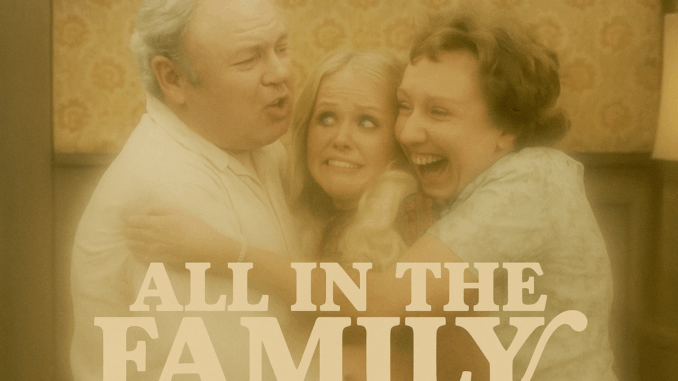
More than five decades after its premiere, All in the Family remains one of the most groundbreaking sitcoms in television history. Here’s a look back at its lasting impact.
53 Years Later: The Enduring Legacy of All in the Family
When All in the Family premiered in January 1971, television would never be the same. The sitcom, created by Norman Lear, not only entertained millions but also challenged audiences to confront uncomfortable truths about society. Now, 53 years later, its influence still echoes through modern television.
📺 Breaking Barriers in Television
Unlike traditional comedies of its time, All in the Family dared to tackle issues that were often considered taboo:
-
Racism
-
Politics
-
Gender roles
-
War and social class
By centering the show around Archie Bunker, a working-class man with unapologetic views, Lear created a space where uncomfortable conversations became both humorous and thought-provoking.
🌟 Characters That Defined an Era
The series introduced unforgettable characters who felt like real people in living rooms across America:
-
Archie Bunker (Carroll O’Connor): A flawed but deeply human character who reflected generational divides.
-
Edith Bunker (Jean Stapleton): The heart of the show, balancing Archie’s bluntness with compassion.
-
Gloria and Michael: The younger generation pushing back against Archie’s worldview.
These dynamics created a cultural dialogue that transcended television.
🏆 Awards and Accolades
Over its nine seasons, All in the Family collected:
-
22 Emmy Awards
-
Multiple Golden Globes
-
Recognition as one of the greatest TV series of all time
Its achievements confirmed that sitcoms could be both critically acclaimed and socially impactful.
🔄 Lasting Influence on Modern TV
Shows like The Simpsons, Roseanne, and Modern Family owe much to the groundbreaking storytelling style of All in the Family. By mixing comedy with social commentary, the series set the stage for generations of writers and actors to follow.
🎬 A Legacy That Endures
Even today, reruns of All in the Family spark conversations about its themes. Its ability to make viewers laugh while also confronting societal issues remains unmatched in television history.
Final Takeaway:
Fifty-three years later, All in the Family is more than just a sitcom—it’s a cultural landmark that changed the way stories were told on television. Its legacy continues to inspire, proving that great comedy doesn’t just entertain; it makes us think.